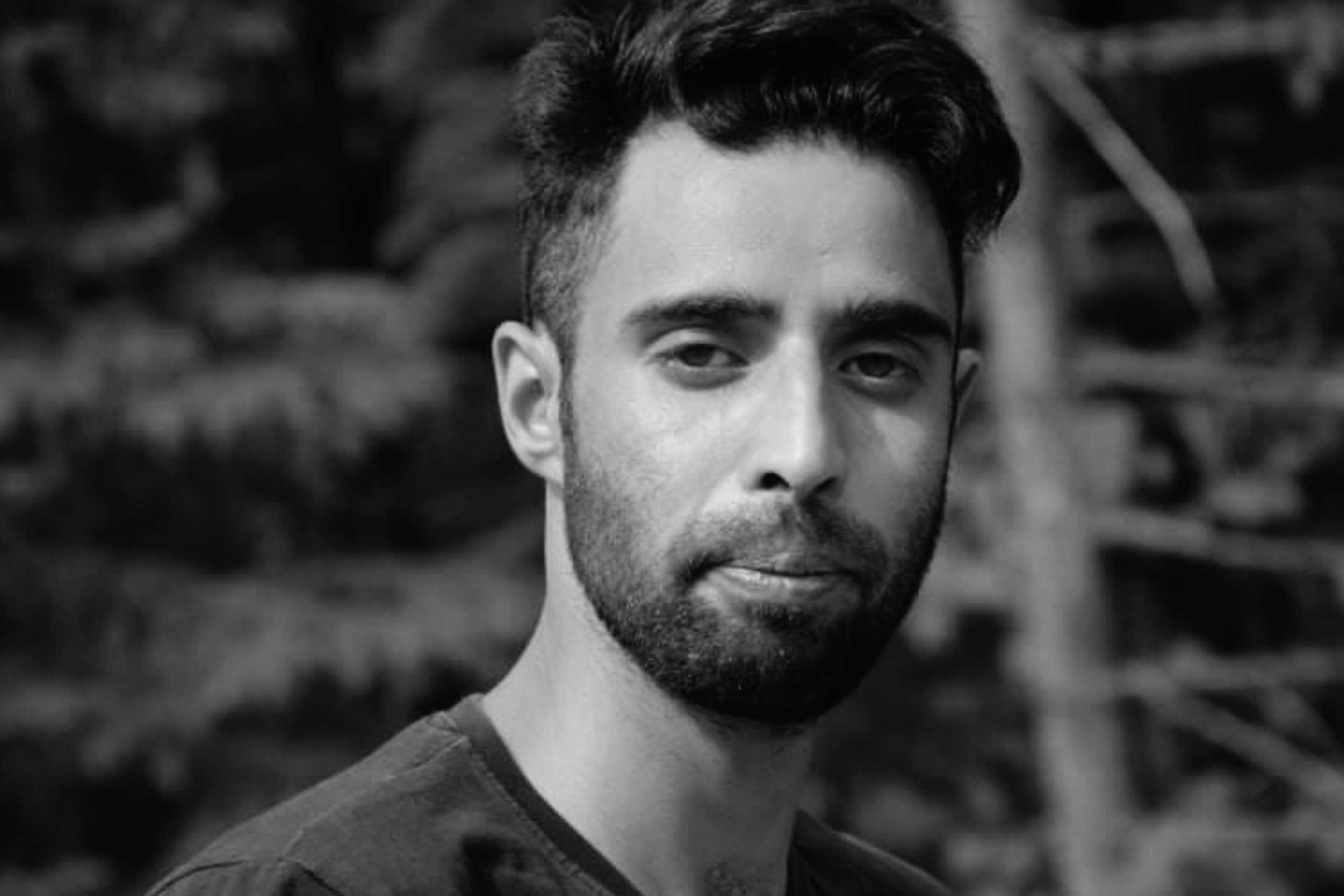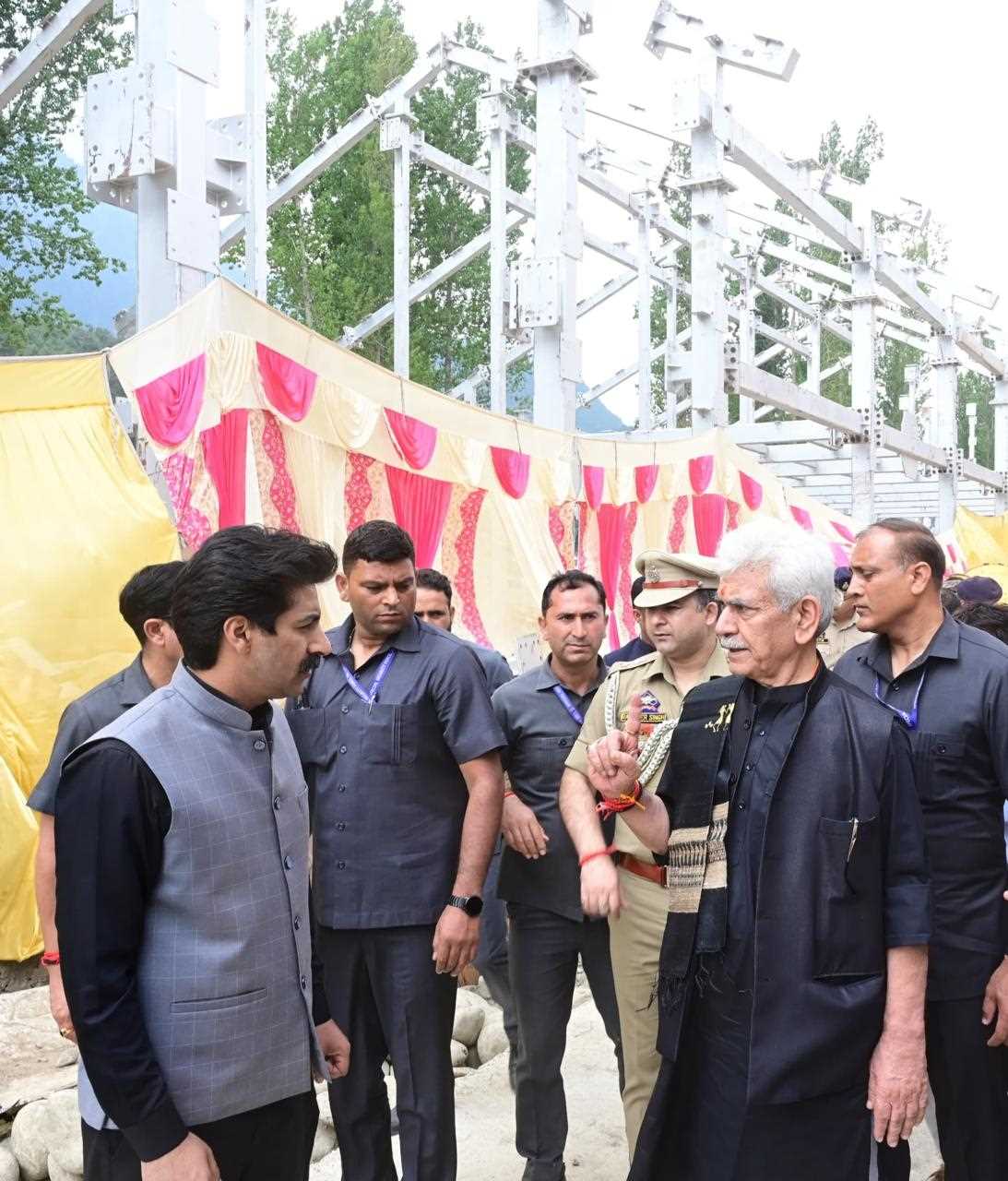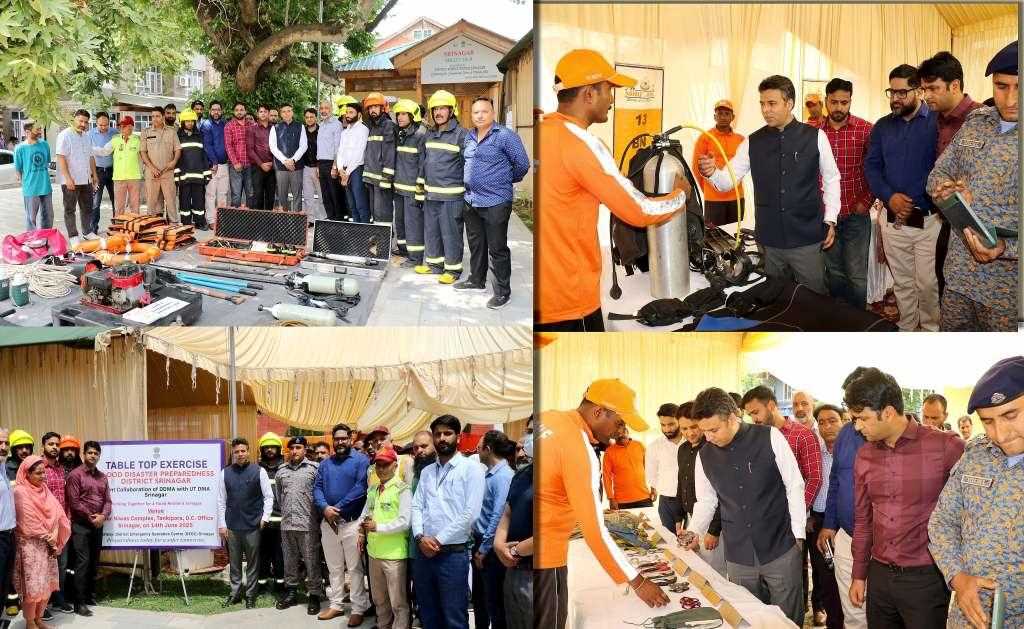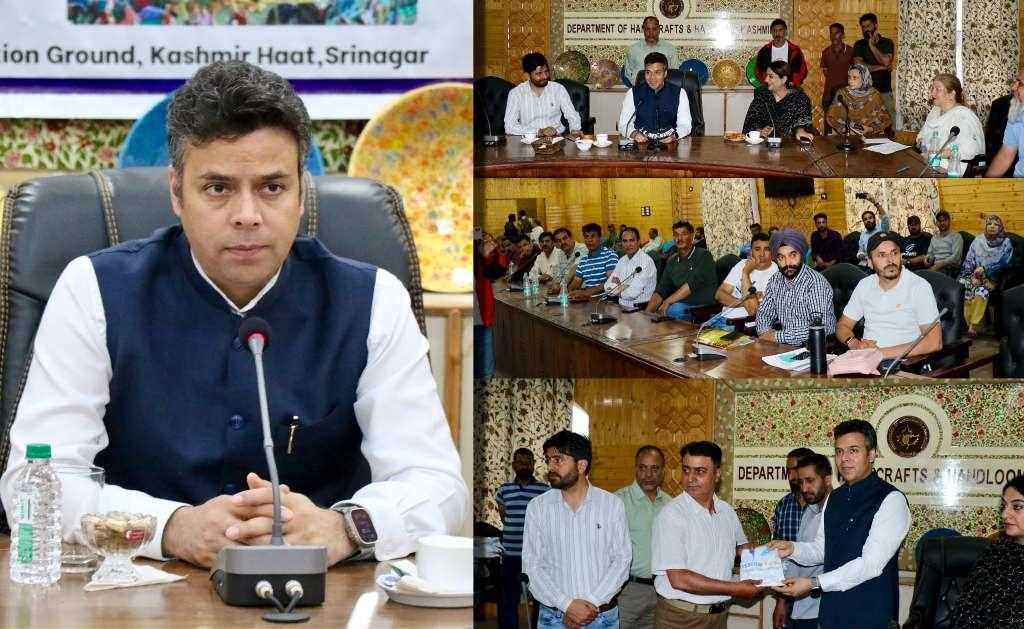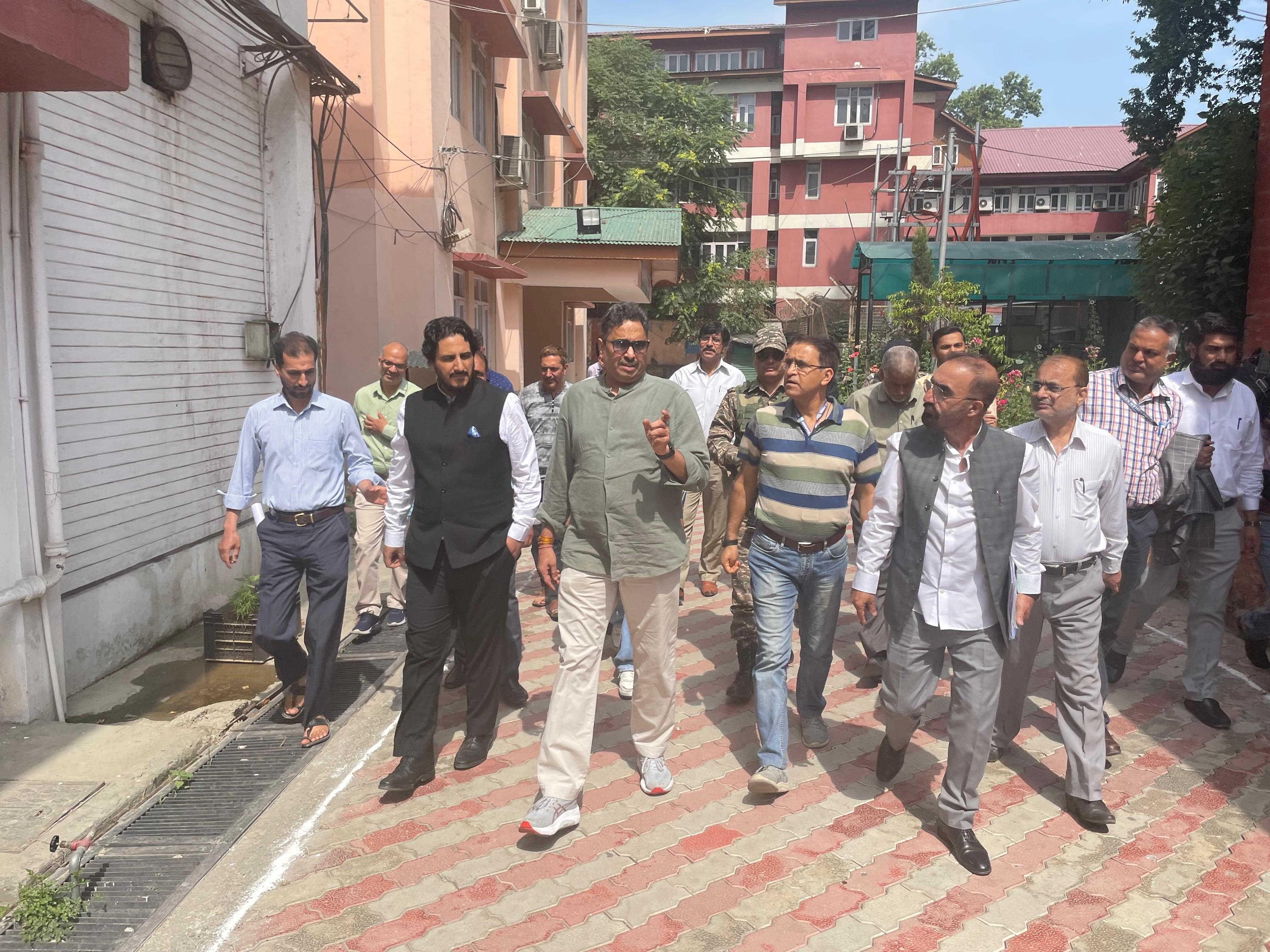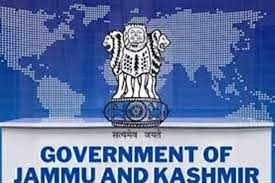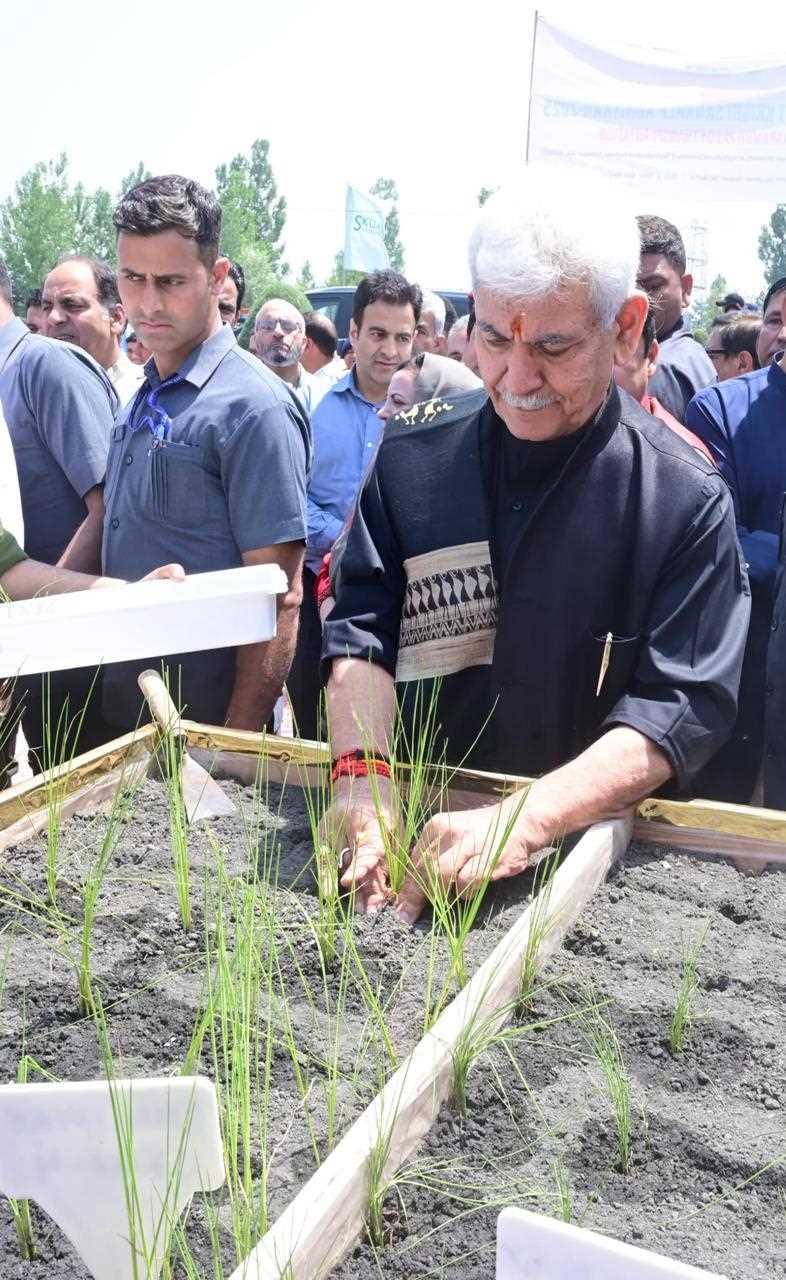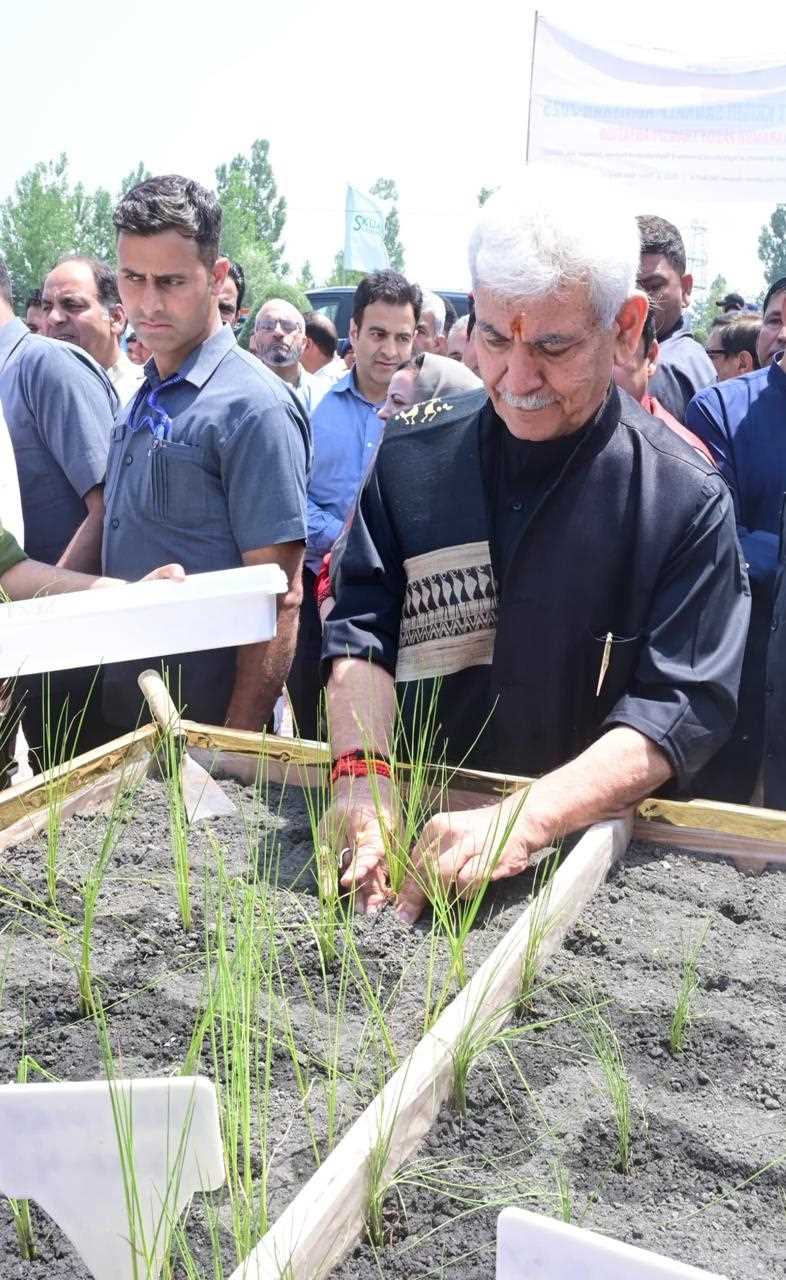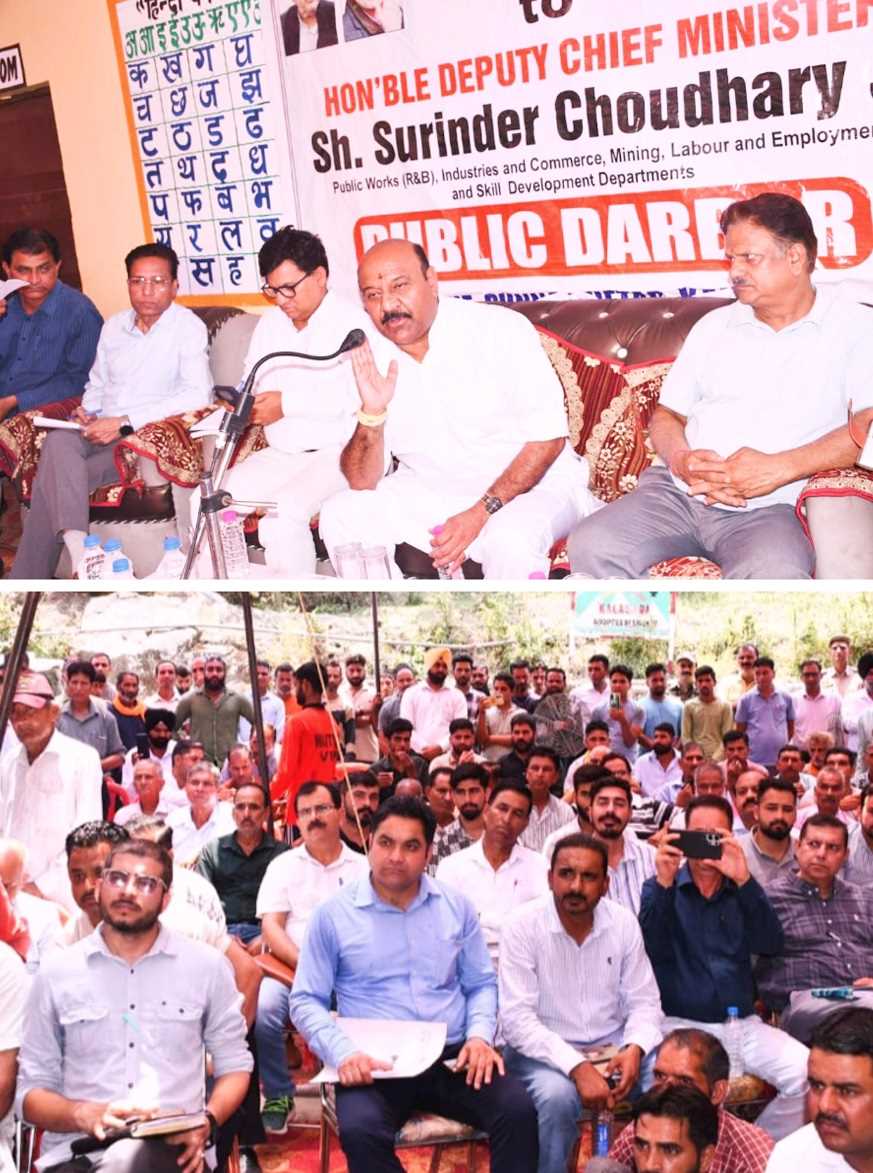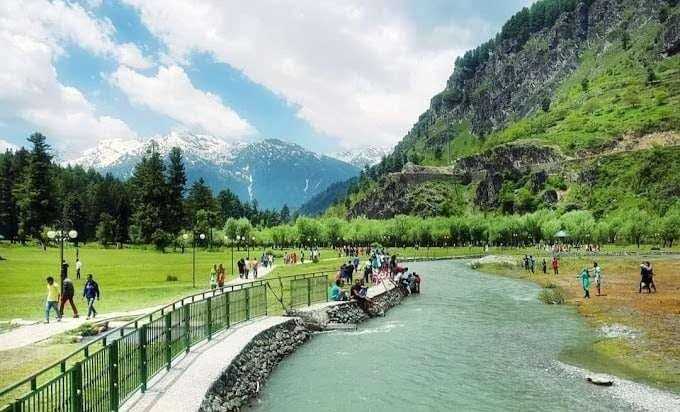Meaning of Dissent
Dissent is an essential service for the Nation. It involves the exercise of individual and collective rights of expression, association, assembly, and participation in public affairs.
When defining dissent, It can mean an open and constructive disagreement or counter opinion. People are expressing dissent all over the world. Be it the ‘Black Lives Matter’ movement in the United States, or the Anti-CAA protests back home, we witness voices attempting to awaken an unresponsive government.
I would say that this practice of peaceful protests is a right of every individual who is tired of the lackadaisical attitude of the law makers and those responsible for maintaining order. Only through continuous interactions on critical issues does the real truth emerge. In a progressive society, contrary views should be entertained.
Why Dissent is Needed
Here is the summarisation of what imminent luminaries and intellectuals are of the opinion on why dissent is needed:
It will enable practitioners and citizens to claim their rights and participate more effectively in the project of democracy. Many Supreme Court judges are of the opinion that the right to dissent is the "biggest" and "most important right" granted by the Constitution and it includes the right to criticise, there can be no democracy without dissent. As long as a person does not break the law or encourage strife, he has a right to differ from every other citizen as also those in power, and propagate his belief. To question, to challenge, to verify, and to ask for accountability from the government is the right of every citizen under the Constitution. "These rights should never be taken away otherwise. We will become an unquestioning moribund society, which will not be able to develop any further". If a country has to grow in a holistic manner where not only the economic rights but also the civil rights of the citizen are to be protected, dissent and disagreement have to be permitted, and in fact, should be encouraged. Dissenting views must be expressed in a "peaceful manner" and citizens have a right to get together and protest when they feel that actions taken by the government are not proper.
Calling Dissent a Safety – Valve
Calling dissent a “safety valve” of democracy, Supreme Court Judge Justice D.Y. Chandrachud while hearing a petition on ban on Jantar Mantar in New Delhi “blanket labelling” of dissent as anti-national or anti-democratic strikes at the “heart” of the country’s commitment to protect Constitutional values and promote deliberative democracy.
The constitution under Article 19(1)(a) provides for freedom of speech and expression and also under Article 19(2) provides for reasonable restrictions on such freedom.
What HC/ SC Judges said about Dissent
Supreme Court Judge Justice Deepak Gupta said on Monday that the right to dissent is essential for democracy and criticism of the executive, judiciary, bureaucracy, and the Armed Forces cannot be termed "anti-national".(PTI Feb 24 2020)
Any government that demands or expects ideological conformity from its key institutions and shrinks the space for dissent acts contrary to the fundamental tenets of the Constitution. “These are, therefore, the conflicting choices before us today. To one side is the perceived political threat that all dissent poses, whatever its form. On the other is the peril of a loss of liberalism, freedom, democracy and the rule of law.
(Justice Goutam Patel, Bombay High court )
“Protecting dissent is but a reminder that while a democratically elected government offers us a legitimate tool for development and social coordination, they can never claim a monopoly over the values and identities that define our plural society,” Justice Chandrachud (Feb 15 2020).
“The destruction of spaces for questioning and dissent destroys the basis of all growth – political, economic, cultural and social. In this sense, dissent is a safety valve of democracy,” Justice Chandrchud Feb 2020.
Democracy is judged not just by the institutions that formally exist but by the extent to which different voices from diverse sections of the people can actually be heard, respected and accounted for, he said .
Justice Chandrachud also stated that silencing of dissent and the generation of fear in the minds of people go beyond the violation of personal liberties and a commitment to constitutional value.
In an article on Dissent in democracy in The Hindu , writer has beautifully summed up that , Today we favour democracy as the most acceptable form of governance because a citizen has a right to dissent without fear of victimisation — as long as such dissent does not lead to inhuman or unconstitutional action. By contrast, dissent in an authoritarian, dictatorial or colonial regime could lead to the severest of punishments — loss of life — as happened in colonial India, Hitler’s Germany or Stalin’s USSR.
Email:---darjaveed305@gmail.com
